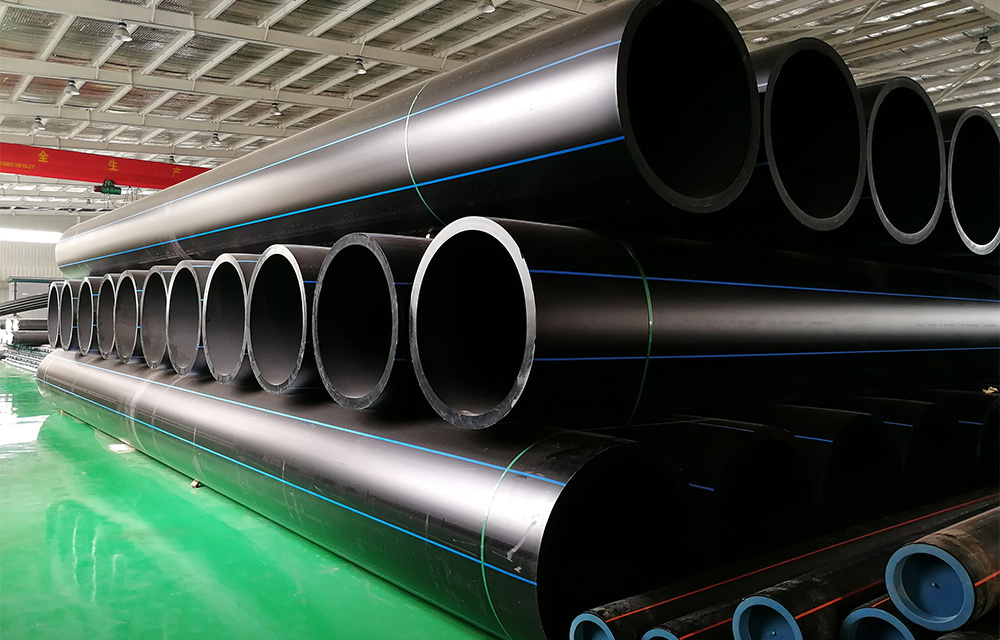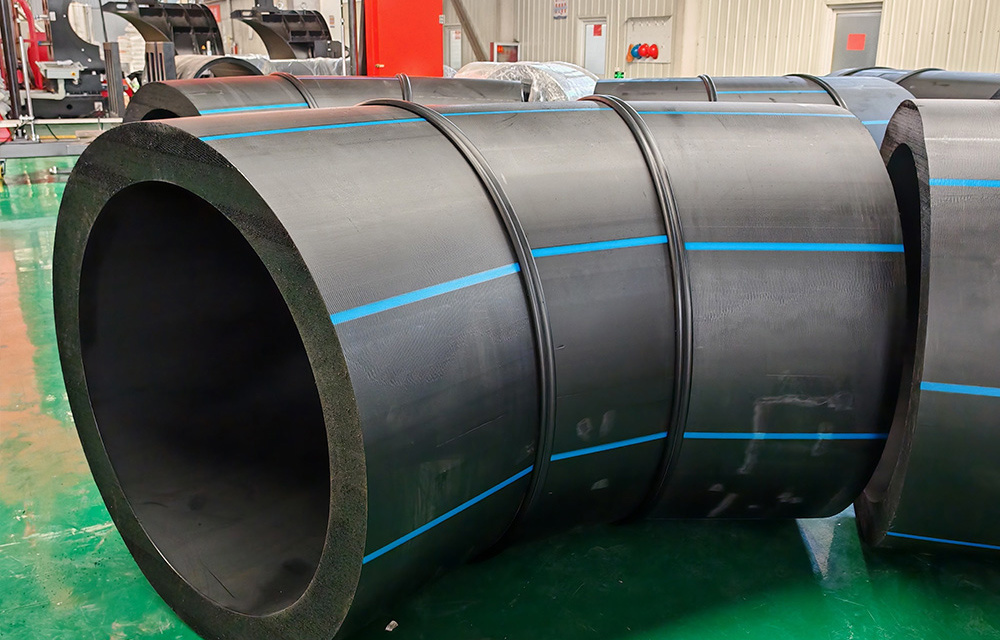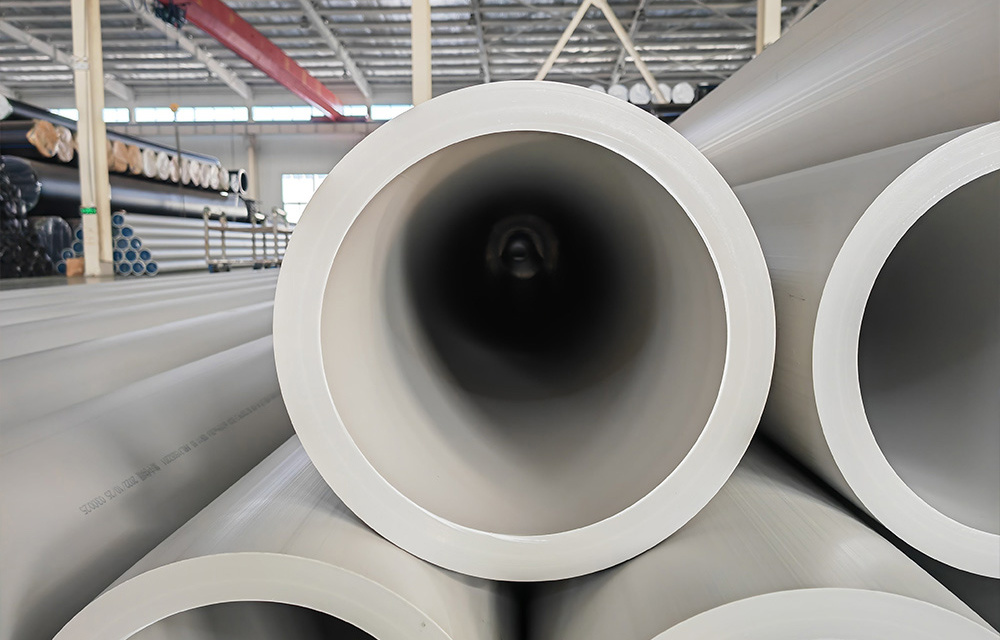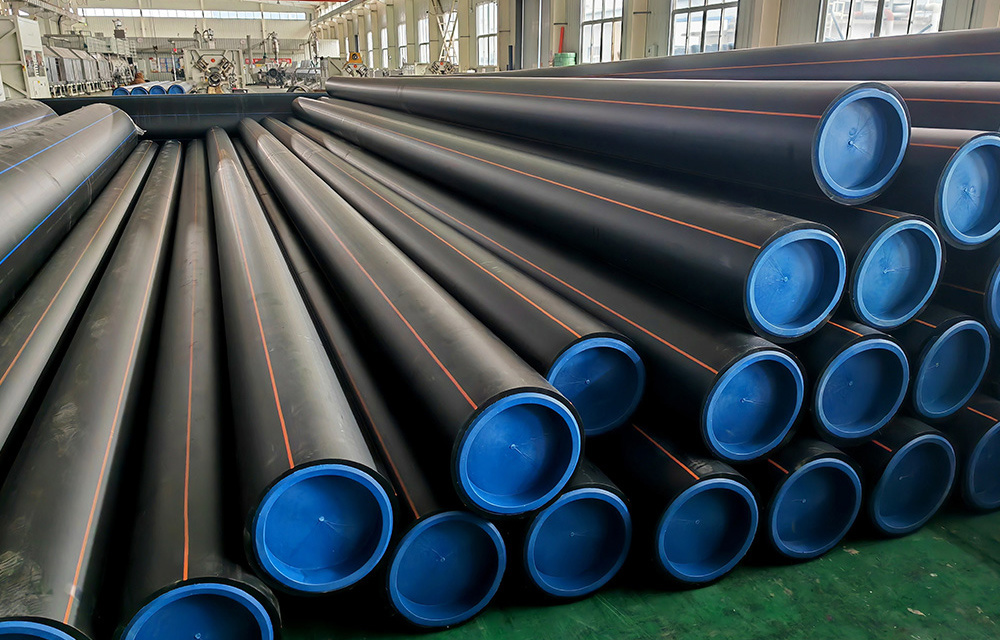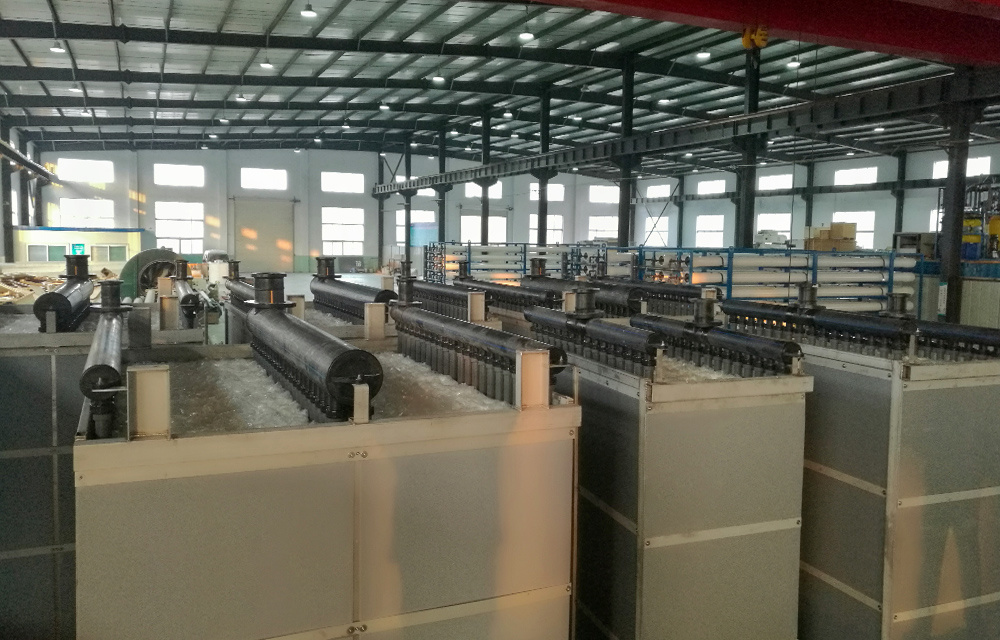18
2025
-
10
Understanding the Benefits and Applications of PP Pipes in Construction
PP pipes are manufactured from polypropylene, a thermoplastic polymer known for its durability and lightweight properties. One of the standout benefits of PP pipes is their excellent resistance to chemical corrosion, making them suitable for transporting a wide range of fluids, including acids and bases. This quality is particularly advantageous in industrial applications where chemical resistance
PP pipes are manufactured from polypropylene, a thermoplastic polymer known for its durability and lightweight properties. One of the standout benefits of PP pipes is their excellent resistance to chemical corrosion, making them suitable for transporting a wide range of fluids, including acids and bases. This quality is particularly advantageous in industrial applications where chemical resistance is a critical factor.
In addition to chemical resistance, PP pipes exhibit a high tolerance for temperature variations. They can withstand temperatures ranging from -20°C to 100°C, making them ideal for both hot and cold-water applications. This property is especially beneficial in plumbing systems, where fluctuating water temperatures are common. The ability to maintain structural integrity under these conditions enhances the longevity and reliability of installations.
Another significant advantage of PP pipes is their ease of installation. The lightweight nature of the material allows for straightforward handling and transportation, reducing labor costs and installation time. Furthermore, PP pipes can be heat-fused, creating seamless joints that enhance the overall strength of the plumbing system. This fusion process minimizes the risk of leaks, providing peace of mind for both contractors and end-users.
PP pipes are also environmentally friendly. Being recyclable, they contribute to sustainable building practices, aligning with the growing demand for eco-friendly materials in construction. By choosing PP pipes, builders can help reduce their overall environmental impact while still meeting high-performance standards.
When considering PP pipes for construction projects, it is crucial to evaluate the specific requirements of the application. While PP pipes are versatile, they may not be suited for every scenario, particularly in high-pressure applications or areas with frequent mechanical stress. Therefore, it is essential to consult with industry experts to ensure that PP pipes are the appropriate choice for your specific needs.
In conclusion, PP pipes represent a reliable and efficient choice for various applications in the construction and decoration materials industry. Their chemical resistance, temperature tolerance, ease of installation, and eco-friendliness make them an attractive option for builders looking to enhance the quality and sustainability of their projects. By understanding the benefits and limitations of PP pipes, you can make informed decisions that support the success of your construction endeavors.
In addition to chemical resistance, PP pipes exhibit a high tolerance for temperature variations. They can withstand temperatures ranging from -20°C to 100°C, making them ideal for both hot and cold-water applications. This property is especially beneficial in plumbing systems, where fluctuating water temperatures are common. The ability to maintain structural integrity under these conditions enhances the longevity and reliability of installations.
Another significant advantage of PP pipes is their ease of installation. The lightweight nature of the material allows for straightforward handling and transportation, reducing labor costs and installation time. Furthermore, PP pipes can be heat-fused, creating seamless joints that enhance the overall strength of the plumbing system. This fusion process minimizes the risk of leaks, providing peace of mind for both contractors and end-users.
PP pipes are also environmentally friendly. Being recyclable, they contribute to sustainable building practices, aligning with the growing demand for eco-friendly materials in construction. By choosing PP pipes, builders can help reduce their overall environmental impact while still meeting high-performance standards.
When considering PP pipes for construction projects, it is crucial to evaluate the specific requirements of the application. While PP pipes are versatile, they may not be suited for every scenario, particularly in high-pressure applications or areas with frequent mechanical stress. Therefore, it is essential to consult with industry experts to ensure that PP pipes are the appropriate choice for your specific needs.
In conclusion, PP pipes represent a reliable and efficient choice for various applications in the construction and decoration materials industry. Their chemical resistance, temperature tolerance, ease of installation, and eco-friendliness make them an attractive option for builders looking to enhance the quality and sustainability of their projects. By understanding the benefits and limitations of PP pipes, you can make informed decisions that support the success of your construction endeavors.


